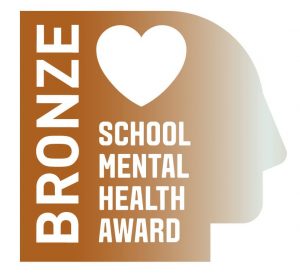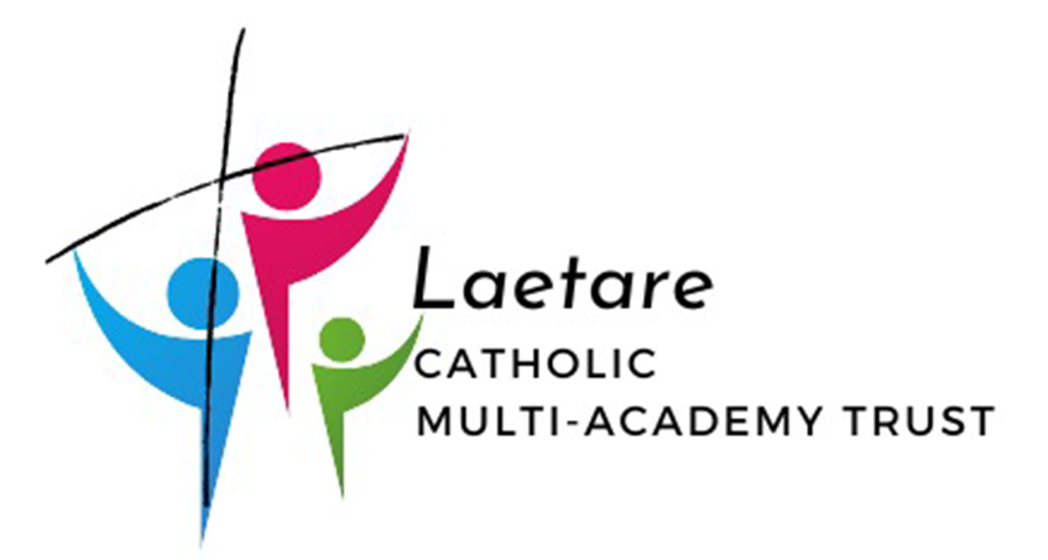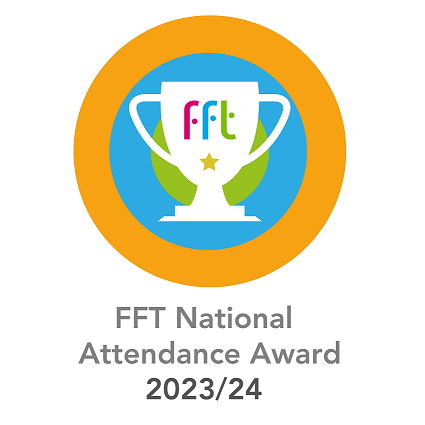Work Experience at Key Stage 4
Work experience isn’t a statutory requirement at KS4, but is implemented at St Anselm’s College. The Gatsby Benchmarks state that every pupil should have at least 1 first-hand experience of a workplace by the time they’re 16. We exceed this expectation.
This could be through:
- Work experience
- Work visits
- Work shadowing
Work Experience at Key Stage 5
KS5: work experience is expected but done differently at St Anselm’s College. A very high proportion of our 6th Form still go to University so co-ordinated University Open Days, University Fairs, and preparation including talks to students and parents about the application process, student finance etc are conducted.
We also have Apprenticeship Evenings every year looking at the different routes into Apprenticeships and opportunities for additional Careers interviews including support with Apprenticeship applications and Interviews.
In addition, Work Experience is facilitated as appropriate with a bespoke window in July of Year 12. It takes place as appropriate at other times too (eg for Medicine / Dentistry / Vet Science Applications). In this way it is planned to take account of the specific pupil’s needs and future plans in our cohort.
What a high-quality work placement looks like
- Is purposeful and offers challenge
- Is relevant to the pupil’s study programme and career aspirations
- Allows the pupil to apply the skills they’ve learnt in the classroom or workshop
- Is managed by a supervisor
- Has a structured plan that provides outcomes for the pupil and the employer
- Has clear roles, responsibilities and expectations for the pupil and the employer
- Provides a reference or feedback from the employer about the pupil’s performance
Safeguarding considerations
The College recognises that the Work Experience provider (employer) is responsible for a pupil’s health and safety when they’re on work experience. This is set out in guidance from the Health and Safety Executive (HSE).
However, we also recognise our responsibilities to ensure the placement is as safe as possible for the pupil.
Keeping Children Safe in Education (KCSIE) says schools can’t ask an employer to get an enhanced DBS check for staff supervising children aged 16 to 17 on work experience (paragraph 333). However, schools should make sure the provider has policies and procedures in place to protect children from harm (paragraph 329).
We ask the provider to do a risk assessment before the pupil starts and give them any information that could be relevant to the risk assessment, e.g. any specific health needs the pupil may have. This is explained in the HSE’s guidance.
We also explain to the provider any additional support a pupil with special educational needs and/or disabilities (SEND) may need before, during and after the work experience, to fully benefit from it. See the DfE’s guidance for 16 to 19 study programmes (section 1, sub-section ‘students with special educational needs and/or disabilities’).
Pupils with SEND: raise career aspirations
The SEND Code of Practice sets out that schools should “raise the career aspirations” of pupils with SEN and “broaden their employment horizons” (paragraph 8.28). Use approaches including:
- Work experience
- Taster opportunities
- Mentoring
- Exploring entrepreneurial options
- Role models and inspiring speakers
Work-based learning is one of the most effective ways of preparing young people with SEN for employment. For example, this could be a traineeship which includes a high-quality work experience placement, or a supported internship.









